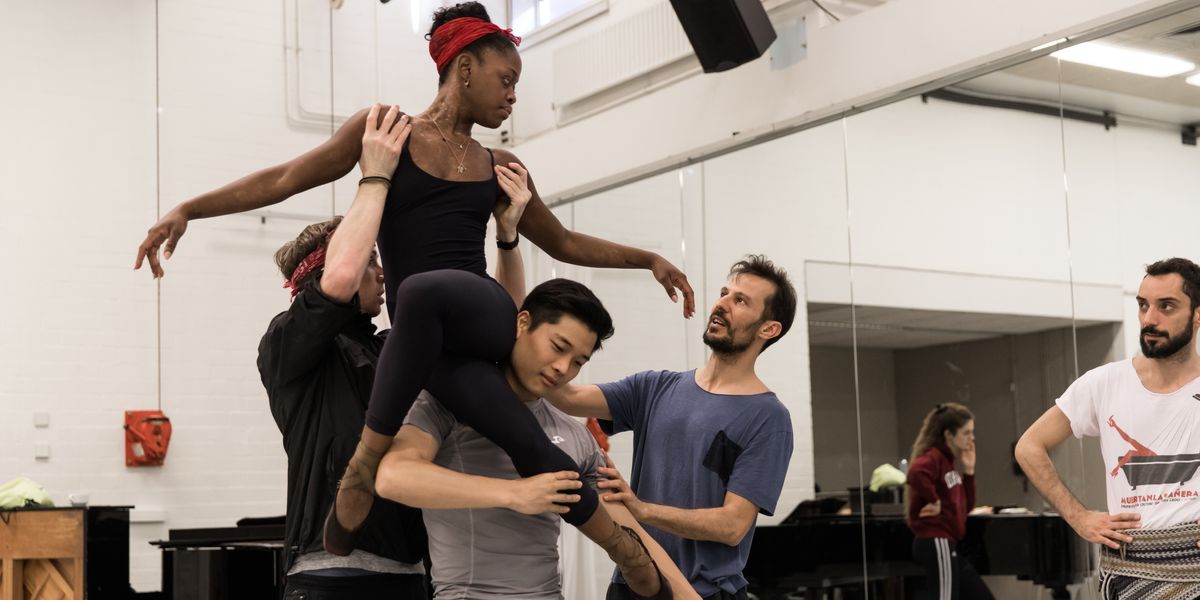How Dutch National Ballet is Cultivating the Next Generation of Choreographers
“Choreographers don’t just pop up fully formed,” says Ted Brandsen, artistic director of Dutch National Ballet. “It’s a responsibility for us, as company directors, to create room for the new generations of dancemakers.”
Knowing the challenges, both artistic and practical, of setting out on a choreographic career, Brandsen has announced a four-pronged strategy for nurturing new talent at DNB. Alongside the long-running choreographic workshop for company dancers, which Brandsen helped launch back in 1985, there is now a choreographer and composer exchange with the British contemporary company Rambert. Brandsen is also mentoring DNB’s recently appointed Young Creative Associates, Juanjo Arques and Peter Leung. And there will be a new annual Choreographic Academy, beginning in May, inviting young dancemakers to spend three weeks in research and creation with Dutch National’s junior arm, focusing on process rather than product. One of the first four choreographers to take part is San Francisco Ballet’s Myles Thatcher.
While there are other companies worldwide taking a proactive approach in this area—New York City Ballet, The Royal Ballet and Stuttgart Ballet all have initiatives Brandsen admires—it is not a universal practice.
Brandsen’s eyes are on the bigger picture. The Rambert collaboration was originally envisaged as a Europe-wide project, but to begin, the two companies are experimenting with a pilot. “Very often there is only one major ballet company per country, so the danger of navel gazing is always there,” says Brandsen. “It’s important for developing talent to be able to cross borders and see how other choreographers and companies work.”
To actively open up a broader international exchange, DNB hosted the Positioning Ballet conference in February, looking at key issues facing ballet in the 21st century. “We need to be reflective of our times. We need to be part of the present generation,” says Brandsen, otherwise you risk “becoming a museum.” So are companies losing out on talent because there isn’t support for young artists? “I think so,” he says. “Choreographic talent is rare. Making choreography is a difficult thing. Talent needs to be nurtured.”




